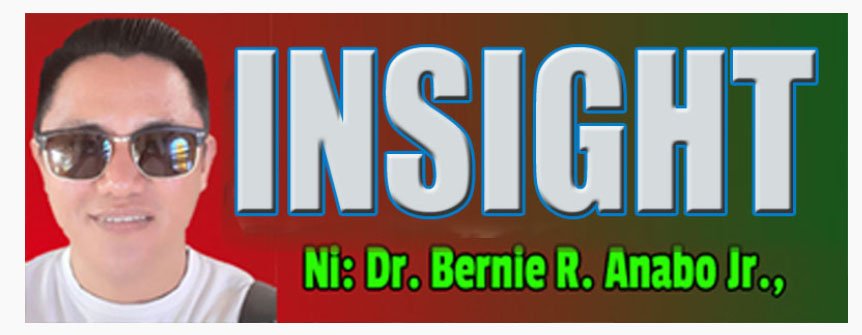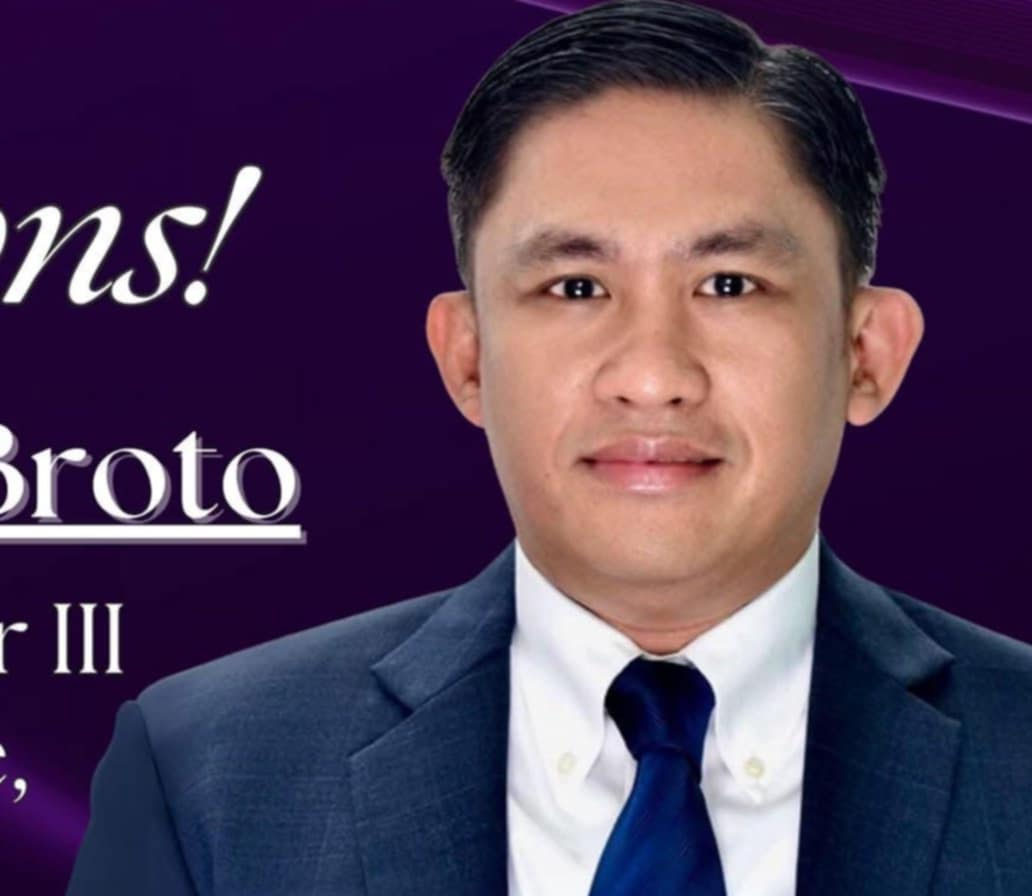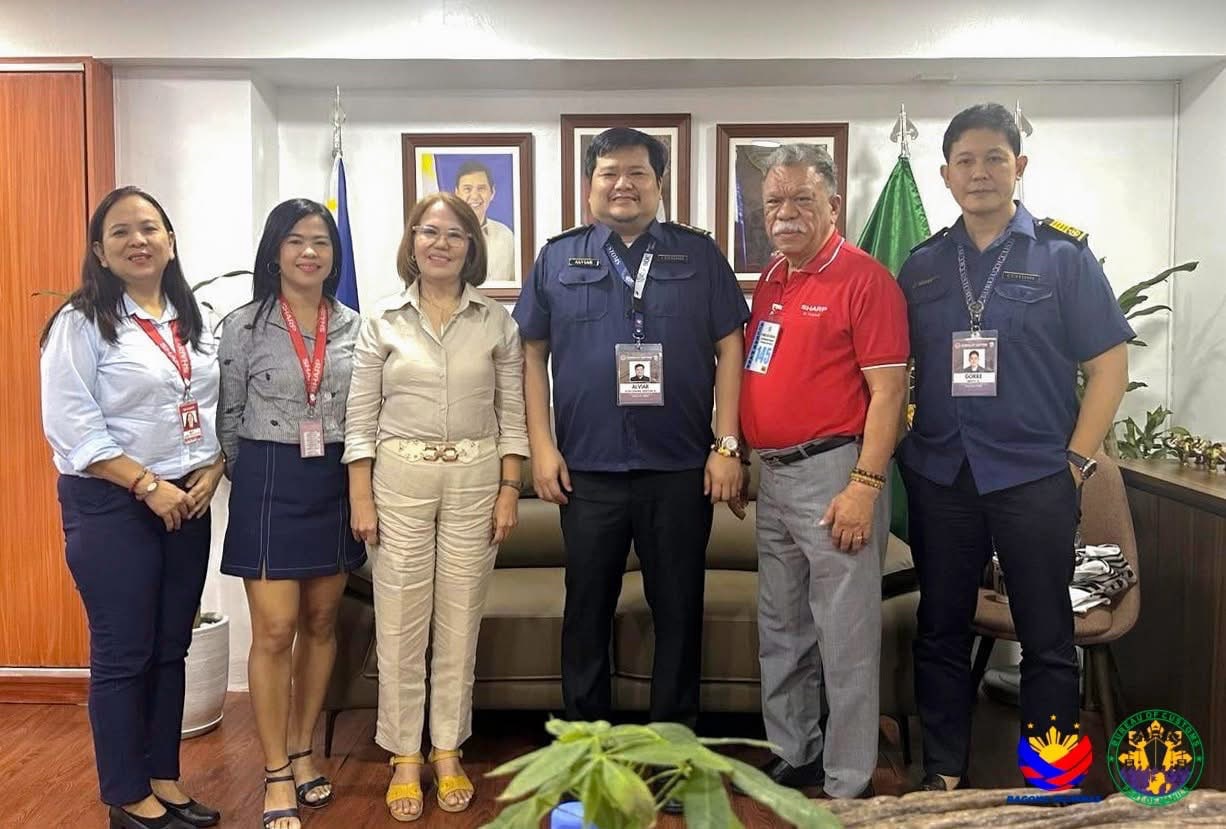
The presidency of Rodrigo Duterte has been marked by a series of controversial policies and actions that have not only garnered international condemnation but have also deeply affected the socio-political fabric of the Philippines.
The rampant extrajudicial killings, the rise of PPOGOs linked to illegal activities, the pervasive issue of dangerous drugs, and widespread corruption all intertwine, creating a disturbing portrait that leads to one common denominator: Duterte himself.
Marketed as a necessary campaign to rid the Philippines of drug-related crime, Duterte’s war on drugs has resulted in tens of thousands of deaths classified as extrajudicial killings. During the Quad Committee Hearing at the House of Representatives, it was exposed that extrajudicial killings were not limited to murder on the streets but rather, included killings inside the Philippine jails.
Two inmates who were convicted of the killing of three convicted Chinese drug lords, Chu Kin Tung, alias Tony Lim; Li Lan Yan, alias Jackson Li; and Wong Meng Pin, alias Wang Ming Ping upon the instruction of Duterte, came forward to testify of the horrifying stabbing and murder inside the Davao Prison and Penal Farm.
Simultaneously, the rise of POGO operations has introduced a slew of illegal activities, ranging from sex and human trafficking, torture, and murder to financial crimes such as money laundering. Initially promoted as a means to generate revenue and create jobs, these operations have often been linked to organized crime syndicates and have become breeding grounds for illegal drugs and other illicit endeavors. Reports suggest that some POGO operations have ties to drug trafficking networks, with accusations that these entities facilitate the entry of dangerous drugs into the Philippines while exploiting vulnerable populations for labor.
Corruption serves as a crucial linchpin in this multifaceted crisis. Under Duterte’s leadership, allegations of corruption have permeated various government levels, including law enforcement agencies charged with enforcing drug laws and regulating gambling operations. Accusations of bribery, favoritism, and malfeasance have surfaced, suggesting that individuals within Duterte’s inner circle benefit financially from both the war on drugs and the booming POGO industry. This corruption not only undermines public trust in government institutions but also deepens the cycle of violence and lawlessness that Duterte initially sought to eradicate.
Rodrigo Duterte and his cohorts stand at the epicenter of a crisis characterized by violence, illegal activities, and corruption. The legacy of Duterte’s policies may leave lasting scars on the Philippines, requiring a concerted effort from civil society and accountable governance to restore democracy, human rights, and the rule of law.






